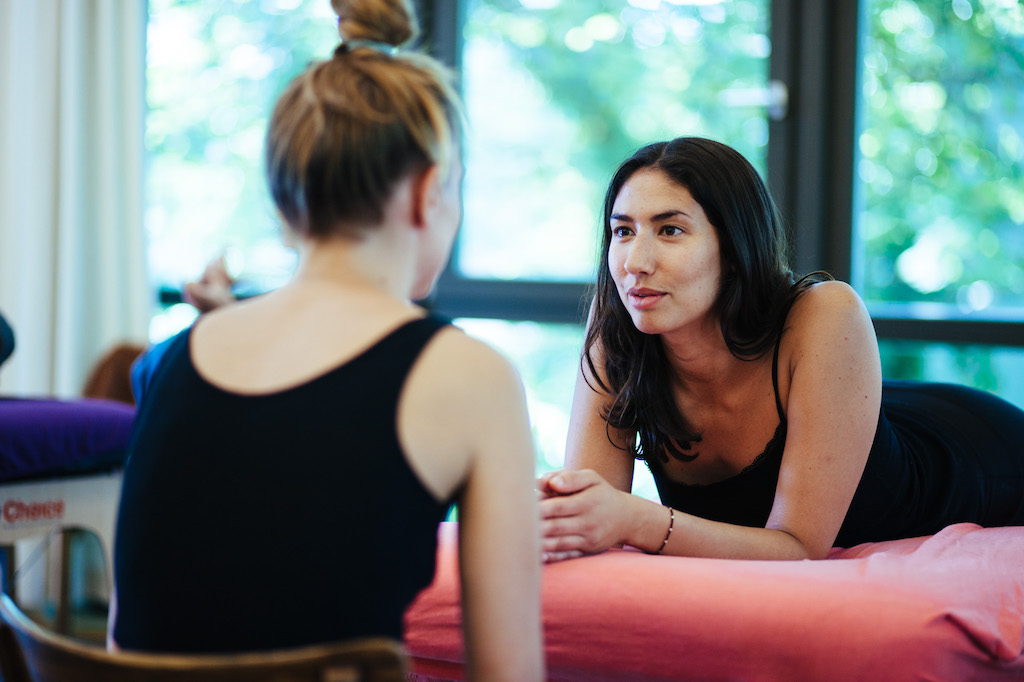
How Can We Really Listen to Each Other?
As practitioners of the Pantarei Approach, a big part of our job is to be able to listen to our clients. Listening in a deeply focused way might be the most important skill we can have as practitioners and human beings, to create healthy and flourishing relationships with people. It can affect us as individuals as well as greater society.
In these times when the conversation around #whyididntreport continues to develop, the importance of our ability to listen to each other becomes so obvious. Listening to the stories of the women and men who want their voice to be heard, is an important part of the process; one that is allowing for much needed change to take place in our society.
The question of whether people should be exposing the names of those who hurt them years ago is one I don’t have answers to. I believe that it should be looked at individually, on a case by case basis. But I have no doubt that we as people have to listen to these stories and allow ourselves to learn from them in new ways.
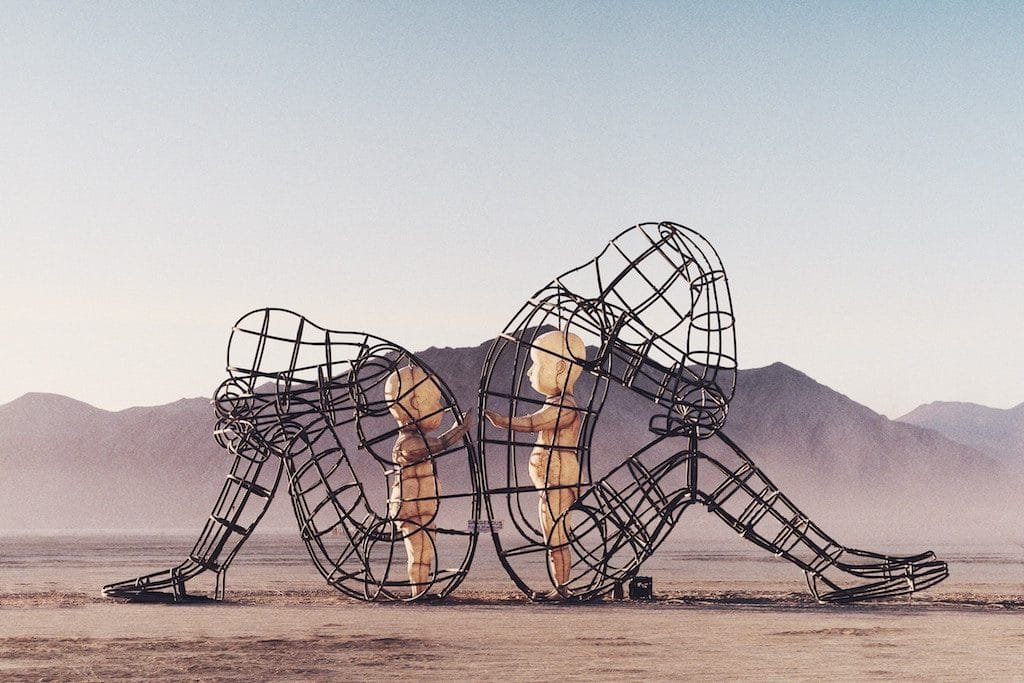
In fact, I believe that if listening becomes a skill we all get better at, we might need to hear less of these stories years after, of people who didn’t report at the time. After all, one of the main reasons people didn’t speak out is the fact that they didn’t think that people would listen to them. Just as it is a major part of the relationship between clients and their practitioners, listening is essential to the functioning of a civil and respectful society.
I have learned a lot from listening through my experiences as a practitioner, but my top 5 lessons must be these:
People say much more than the words they express
Some people like to talk more and others less. Some people like to talk about their emotions, while others like to act out to express what they feel. When we listen to a person beyond what they say with words, we discover many gestures that say so much. We can ‘listen’ to their eyes just as we hear the words, we can listen to the silence between the sentences, as we hear the layers of meaning in what was said.
We can notice that certain things touch them deeply, while others do not at all. We can notice what is meaningful, what is important, what is urgent and what is not.
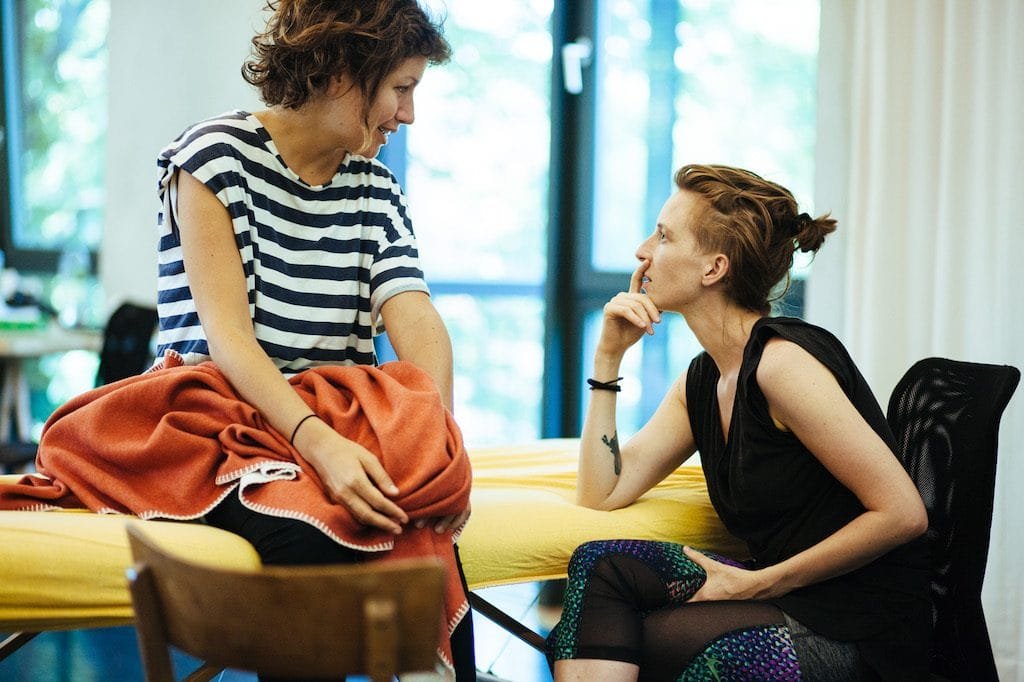
Our ears are for hearing, but we listen with our entire being
The ears are the organ that is responsible for hearing, but we listen in so many other ways. When I listen to somebody else I pay attention to them, I notice them, and therefore I feel them. This act doesn’t happen only in my ears; my eyes are part of it, my skin senses it and my brain processes all of it. I can listen differently, depending on if I am calm or excited, or whether my mind is occupied or silent. It requires focus and the ability to truly see the other person and their story. This is well beyond what our ears alone are occupied with. Words are needed to converse, to explain, to ask questions, but listening starts before the words begin.
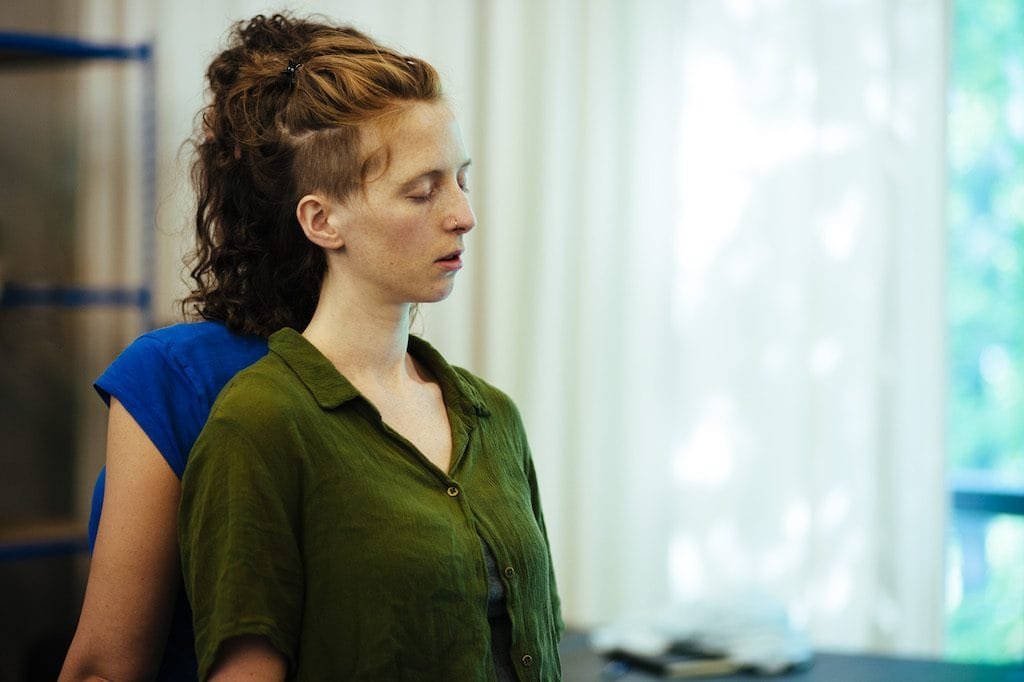
Listening requires us to be in flow
As soon as we commit to listen to another person, we become part of an interesting journey. The people who we communicate with might say things we wouldn’t expect to hear. Often those are the moments were the conversation becomes the most real and the most interesting and engaging. Those things might be words, or as was established earlier, the way a person speaks, the sounds, the gestures, the way their entire being tells their story. When we listen, we have no other choice but to be in the moment, to enjoy the fascinating flow of the conversation and all that it brings with it.
Listening to a person includes letting them feel safe and respected
As our sessions include a hands-on component, we often listen or tune into our clients in both situations – while in conversation with them, and when our hands touch their body. When a person is more connected to their own body, to their own being and therefore to their own feelings, there is another level of conversation and with it, another level of listening. Letting a person feel safe, relaxed, free, in a hands-on session will allow a profound experience of communication and listening. Letting a person feel that whatever they experienced will not be judged but rather respected, will allow them to speak up. It creates situations where the simple act of listening can play a big part in the process of healing.
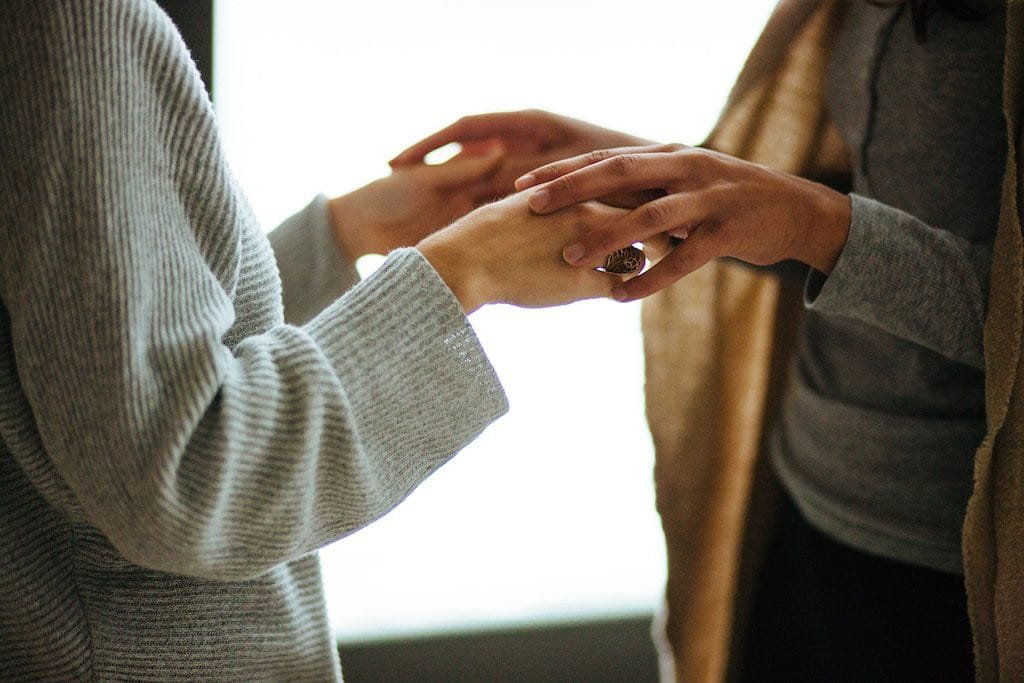
When we listen, we are touched
In order to listen to another person, we have to care for the person who speaks. The topics they discuss may not be important to us, but listening to the person, to who they are and what they express is. When I listen to my clients I am touched by their experiences. I don’t think that there is a way to listen without feeling it, and even if there was one, I’m not sure that I would choose it. When we listen, we allow ourselves for that time to feel that person, to be empathic, to be with them in whatever experience they want to share with us.
Listening is a privilege and it involves trust, integrity and humanity. We are all longing to be listened to, and we are all witnesses on a daily base to the damaging results of not listening to each other. Engaging ourselves as individuals and a society in learning to listen more carefully, will lead us to stronger conversations, communication, and eventually a better world to live in.



